Vương Quang Khải is a special person in the technology world of Vietnam. He is the creator of many famous internet and mobile products like Zing MP3, the social network Zing Me, and Zalo - the number one messaging app in Vietnam. After Zalo, Vương Quang Khải still loves to take big risks with the latest technology trends. AI is his new passion as a "Don Quixote" of technology.
Vương Quang Khải
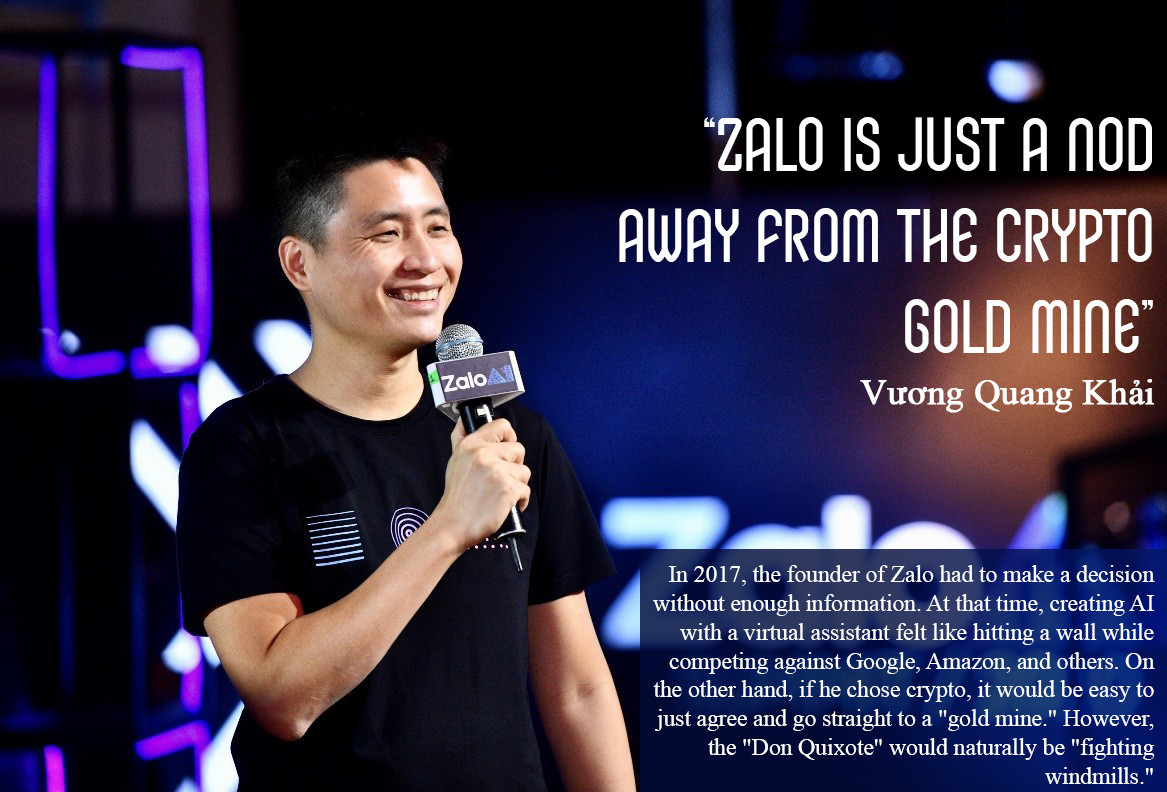
Reasons to Choose AI and Reject the "Gold Mine" of Crypto
How did Zalo start researching AI?
In the technology field, there are always new waves that we call "disruptive." When this happens, current technology becomes "irrelevant." A well-known example is Yahoo, a famous tech giant that once had hundreds of millions of users and dominated the early Internet, but now it has disappeared without a trace.
Because of this, when Zalo experienced rapid growth in 2017, I began to think about what the next wave could be that might erase everything. At that time, there were two options: crypto (cryptocurrency) or AI (artificial intelligence), and I decided to bet on AI. The main reason is that the potential applications of AI are very clear, while crypto is not. Crypto is an interesting technology, but few people can explain what it is used for. People mention concepts like DeFi (decentralized finance) and Web3 (blockchain web), but personally, I do not find them convincing.
This was perhaps a choice based on the intuition of an engineer who is obsessed with not falling behind in the flow of technological development, even though I did not have much information. When making the decision, I was not very confident, especially around 2020-2021, when AI had not yet achieved many clear successes, while crypto was extremely attractive.

Right after you decided not to choose crypto, the cryptocurrency market experienced explosive growth for a long time, making many people millionaires, and even billionaires. Have you ever felt regret about your choice of AI?
Yes, there are. Decisions like this are hard to analyze logically; they are just personal beliefs. When the wave rises high, I also ask myself: Is my choice correct?
"Maybe we are just a nod away from the gold mine of crypto. Few people know that since the end of 2017, Zalo invited top experts in crypto to share about this technology. In mid-2018, we organized a trip to visit the crypto units of Line and Kakao (the top OTT products in Japan and South Korea). Some companies were ready to provide a complete solution; we just needed to agree to let them use our brand to launch the Zalo Token."
"But then I saw that most crypto applications are related to finance, an area where I do not have much basic knowledge. So, if people succeed with crypto, that’s good. What I don’t know is best to stay away from, admire, and clap. Until now, I still haven’t bought any crypto coins."
"What makes me more confident in my decision to choose AI is that big companies like Google, Facebook, Microsoft, Amazon, and Apple are not involved in crypto but are investing heavily in AI. This means that the top minds in Silicon Valley are either wrong and will soon be outdated, or crypto is not really important yet."
What is the first product of Zalo AI?
"The first application of Zalo AI is a Vietnamese voice assistant. Voice is a very natural way for people to express their thoughts. When we use devices like phones, typing is quite slow, while speaking is much faster. Therefore, I believe that voice will be a main method for people to communicate with machines in the future.
Moreover, voice relates to Zalo's existing strength – the ability to send voice messages from the beginning. When developing new technology, it is best to connect with areas that you understand well and have strengths in, such as the Vietnamese language. At that point, we may not be better than others, but at least we are not much worse. If we had invested in AI image processing from the start, our local strength would not be strong enough compared to foreign companies."
At that time, did you think that it would be very difficult for voice assistants to compete with companies like Google because they are very strong in technology and have access to a huge amount of data?
"Of course. In AI, besides the difficulty of finding people, there are two more problems: hardware and training data. Google is a company with endless resources, and competing with them is a big challenge, not just for Zalo AI."
I have a friend who is a PhD student at CMU (Carnegie Mellon University – the top school for AI training in the USA). He said, “Every year, universities and big companies in the USA hold many competitions about language processing, but usually, people try to get second place. Everyone knows that Google will take first place.”
Can I ask about the biggest difficulty when starting up with AI? Where did you hire your first employees?
Just like with Zalo, when I started working on AI, I searched through all my connections who had experience in this field. Before, I went to the USA on a VEF scholarship, so now I look for my PhD friends who specialize in AI and Machine Learning. The VEF scholarship is funded by the US government to develop science and technology in Vietnam by training PhD students. I was the only one who “strayed” to study for a Master’s degree (laughs).
When I met my classmates with AI experience in Silicon Valley, I had fun conversations and learned a lot. However, when I invited them to lead Zalo AI, they all carefully thought about it and then refused. The AI industry is similar to OTT; it is world-class technology. The best people are only in the USA or China, and they are all doing very good jobs. There is no reason for them to leave their promising careers and come back to Vietnam to work with me.
Facing a deadlock in personnel, I decided to choose a leader for the basic R&D department at Zalo to start with, but I didn’t achieve much. Luckily, after about three years, I met some young engineers who were very good, even though they had little experience.
In 2020, when I first talked to Dat (Nguyen Ba Dat, the product director of Zalo AI), I found him very naive. But maybe, this naivety and lack of fear is a special strength of young people. The more you know, the less confident you become, while young people, who have less experience, just move forward. It is these young, naive, and passionate engineers who have become the backbone of the Zalo AI team today.
How do you guide inexperienced young people to develop world-class AI applications that can compete with products from Google or Microsoft?
Competing directly or going all out is difficult, but if you choose a narrow focus where you can excel, there are still opportunities. With our Kiki assistant for cars, we have nearly 1 million installations, even though it was only launched at the end of 2020. It is estimated that for every five cars on the road in Vietnam, one has Kiki installed. This application has gained market share faster than any other in our history. Even the very popular Android Auto has only reached 200 million cars worldwide, so Kiki's numbers are very encouraging.
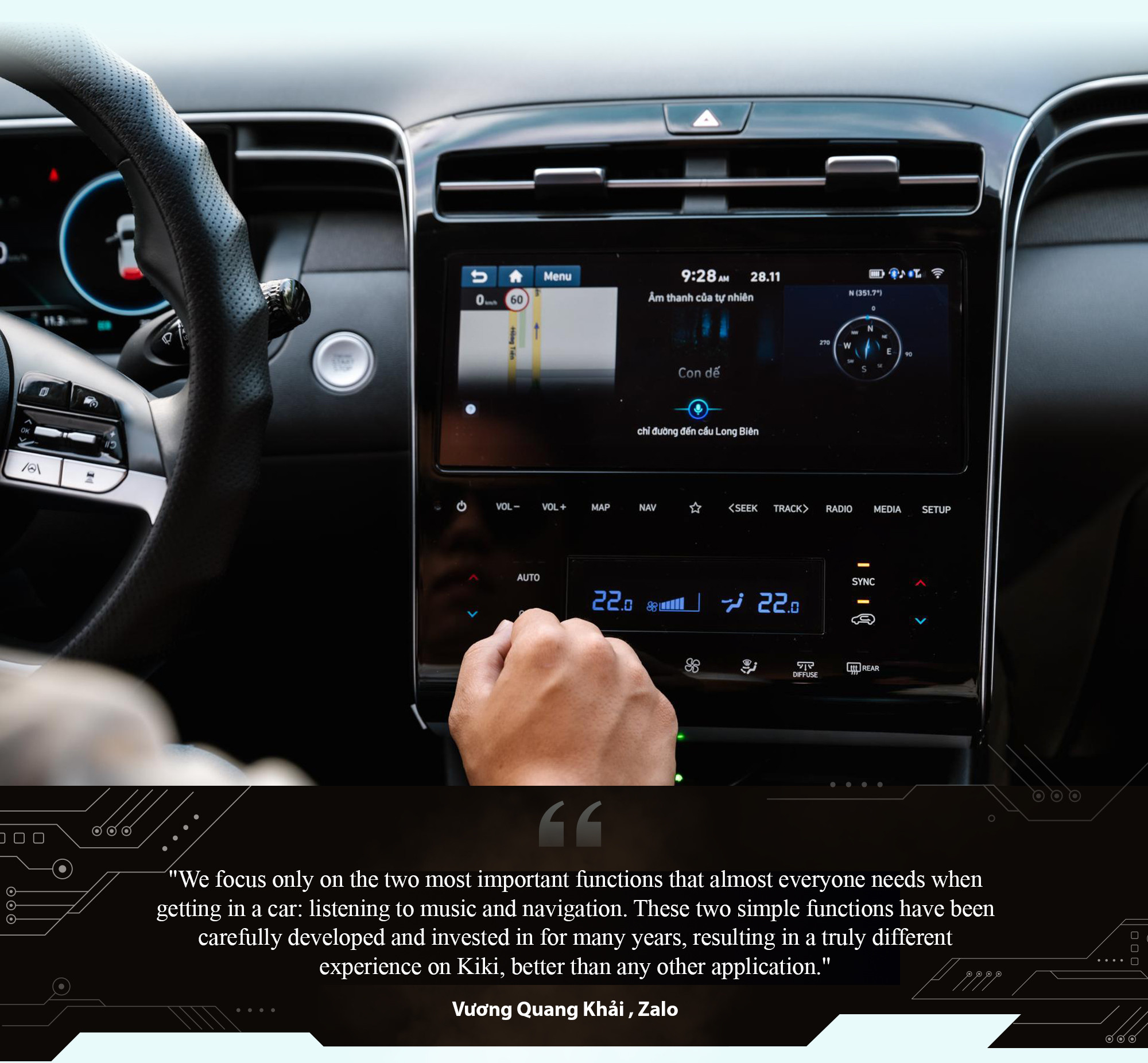
We got this result not because we are better than Android Auto or Apple Carplay, but because we understood the needs of Vietnamese users and met those needs well.
First, we decided that the voice assistant should be used in places where people cannot use their hands easily. A car is one of those places because hands are busy driving, and the best way to communicate is through voice. Next, while many people like to add fancy features to voice assistants, we focused on the two most important functions that most people need in a car: listening to music and getting directions.
We invested a lot of time and effort into these two simple functions for many years, and this created a truly different result with Kiki, better than any other app. With our experience running Zing MP3, we know what songs and singers Vietnamese people like. So even if someone says the wrong name of a song or mispronounces an English singer's name, Kiki still understands correctly. We did the same for maps by listing every street and popular place in major cities across Vietnam.
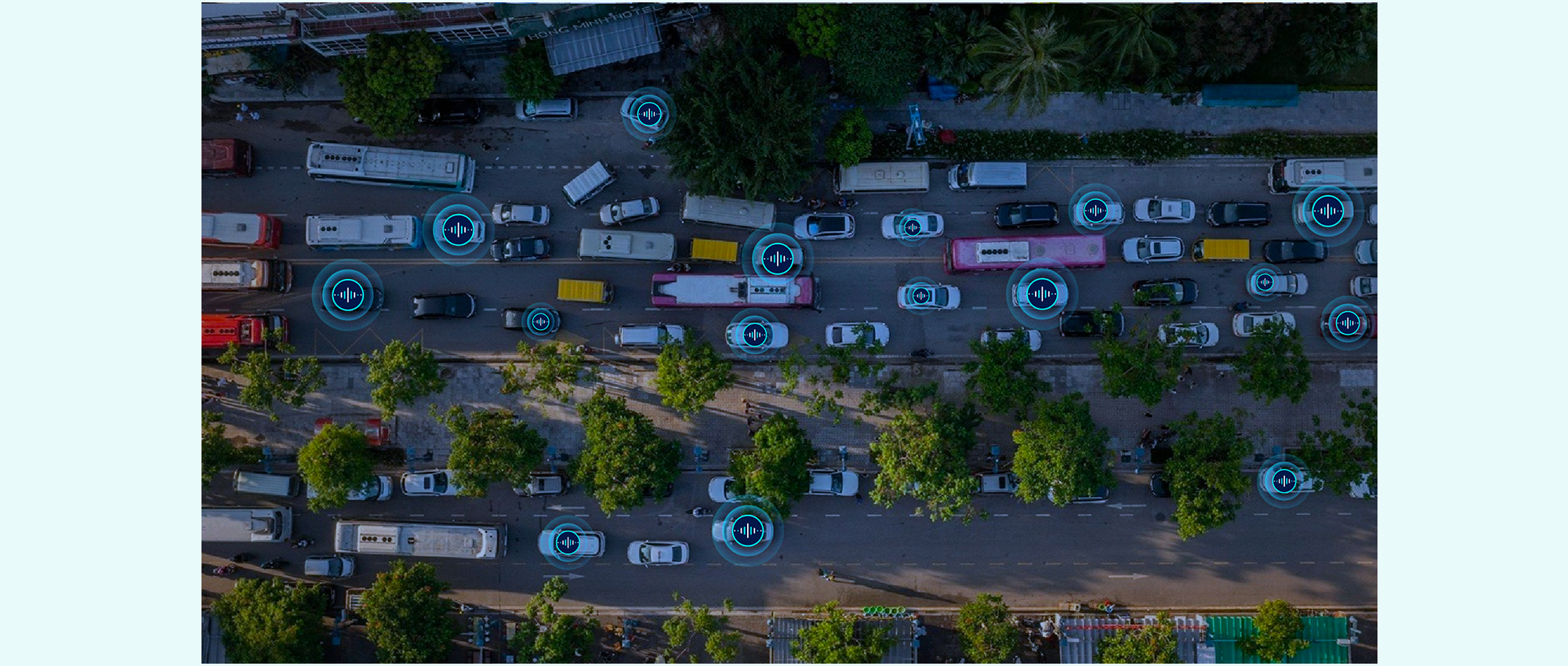
Before discovering these things with Kiki, what mistakes did the Zalo AI team make and what lessons did they learn?
When starting a new product, people often copy a "big brother" or leader. When we created Kiki, there were two very successful voice assistants: Amazon Alexa and Google Assistant. Both of these international products have many skills (functions), and the Zalo AI team got caught up in trying to think of many fun skills. This was our mistake.
When we create many functions but the accuracy is only 50-60%, it does not solve any problems. Users will be disappointed and quickly stop using the product. However, if we focus on doing a few main functions very well with over 95% accuracy, that is the way to keep users. But optimizing to such a high level is very difficult and often boring.
During the process, we talked with some other Vietnamese colleagues who also work on voice assistants. They really like humanizing AI and are proud of its natural and friendly responses. For example, when you ask, "Hey AI!" the app replies, "Yes, I am listening," in a sweet way.
CREDIT: Thanks to Bình Minh - Hoàng Ly, Hương Xuân, and toquoc.vn


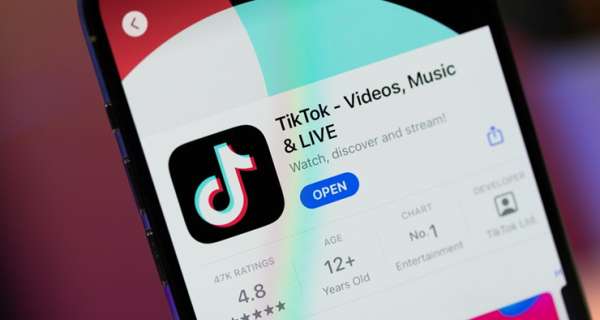
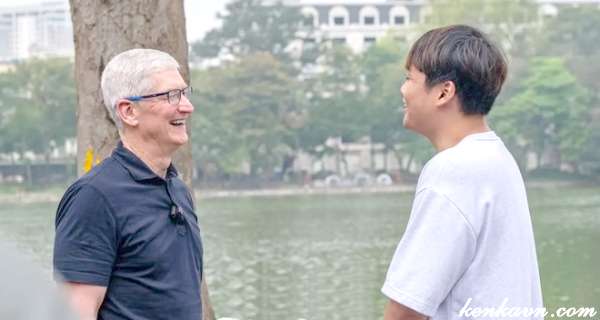

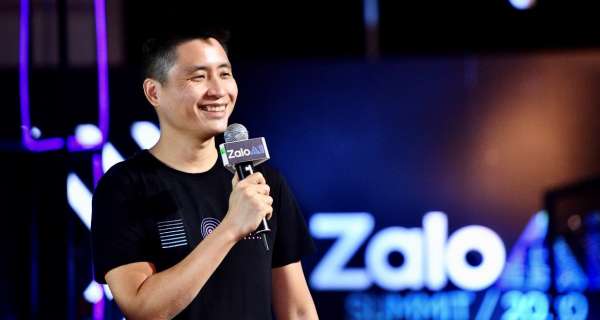
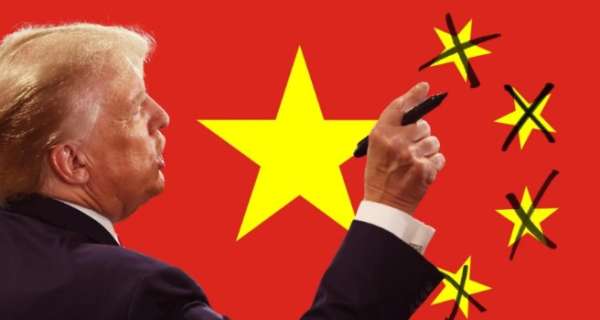
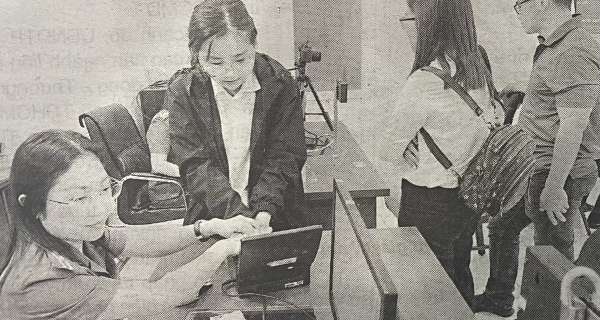

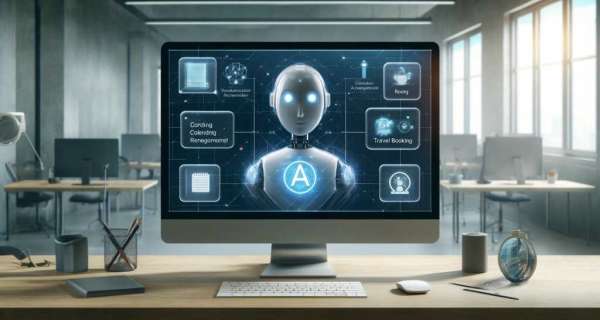


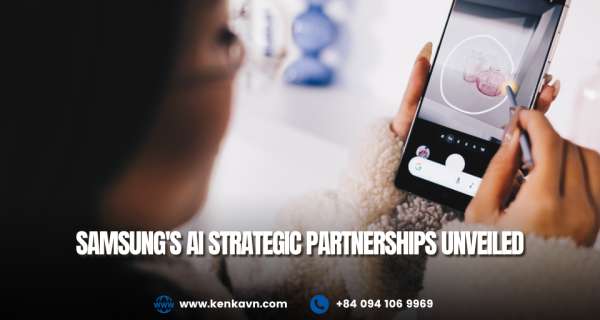
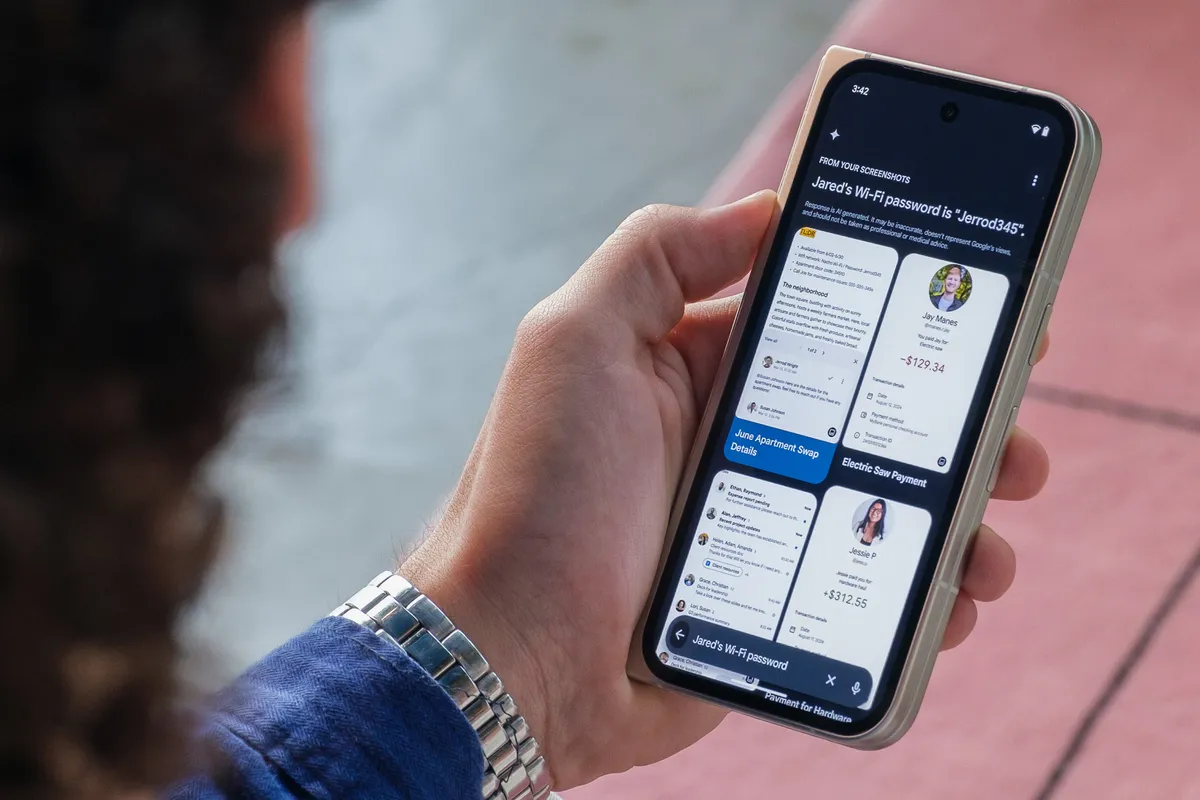
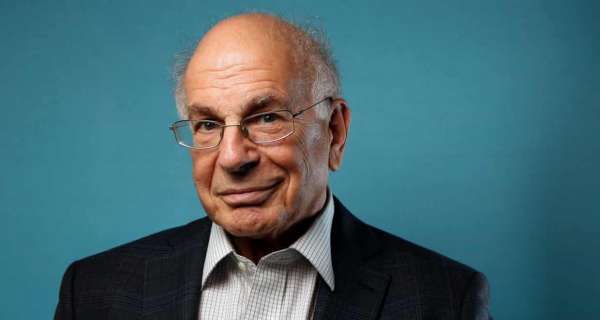
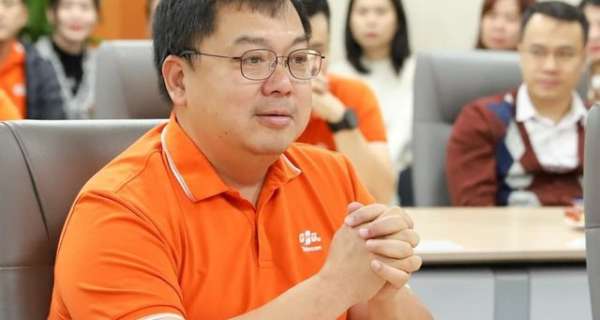
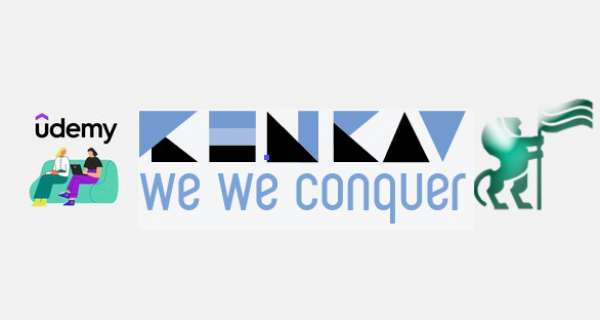



0 Comments